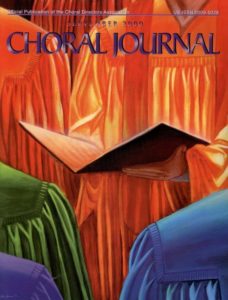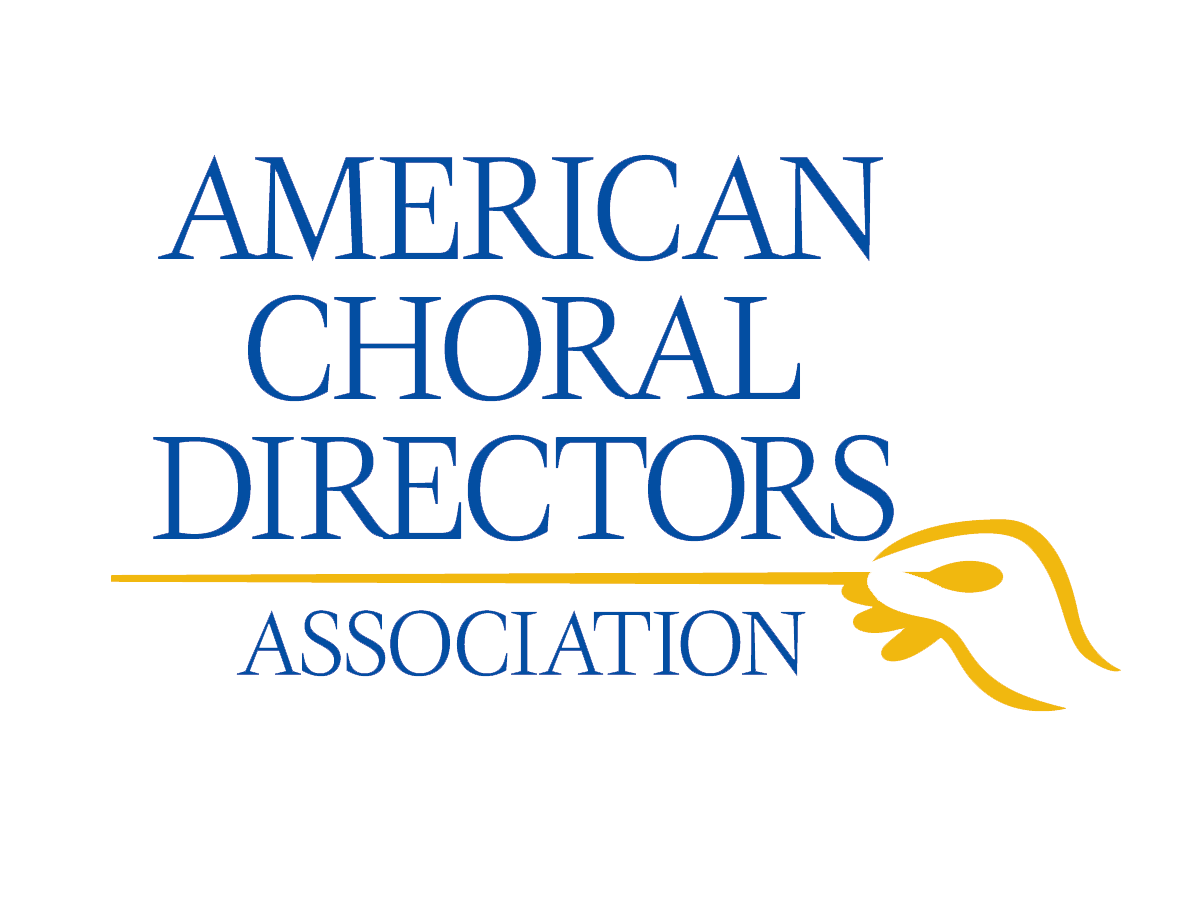The purpose of this investigation was to determine the number of voice-related articles published in Choral Journal that included scientifically researched, evidence-based knowledge. Understanding the voice directly impacts the overall vocal health of singers. A content analysis of Choral Journal, the flagship publication of the American Choral Director’s Association, yielded 159 scientifically informed, voice-related articles […]
Sample Page
Teaching What We Were Taught: A Survey of Choral Music Educators on Vocal Health, Anatomy, and Pedagogy
The purpose of this investigation was to assess if prior education influenced current teaching practices of choral music educators in terms of vocal health, anatomy, and pedagogy. We utilized a four-part online questionnaire to inquire about music educator’s a) personal experience in voice education and teaching/conducting practice in b) general vocal health, c) vocal anatomy […]
Advancing Vocal Health Research and Practice in Choral Singing Contexts
Studies appearing in this special collection focus broadly on vocal health in choral singing contexts. They do so from a variety of vantage points—singers in various stages of lifespan voice development, teacher-conductors, parents, and professional journal content. Such investigations interest us because choir conductor-teachers serve as the primary voice teachers and main sources of voice […]
The Impact of Manual Mimicry Gestures on the Learning of Sung German Phonemes
The integration of embodied pedagogies has a long history in music education, and especially in choral singing (Benson, 2011; Ehmann, 1968; Jaques-Dalcroze, 1921). Manual mimicry gestures are hand movements that mirror the spatiotemporal attributes of speech sounds with an analogous gesture (Rusiewicz & Rivera, 2017). The present study investigated the effects of manual mimicry gestures […]
September 2000
Download the complete issue Articles Collaboration in the Choral Ensemble by Susan Wharton Conkling Textless Choral Music by Robert Reynolds Multiculturalism and the Choral Canon 1975-2000 by Dan Graves Twentieth-Century Choral Settings of Psalm 150 by John Koza
Choral Directors’ Self Report of Accommodations Made for Boys’ Changing Voices: A Twenty Year Replication
To explore possible changes in educators’ self-reported strategies used to accommodate changingvoices, we replicated survey data collected between 1998-2000 (Killian, 2003). The original survey,developed from strategies of 47 experienced directors, consisted of a checklist of accommodations (treble singers only, rewrite parts, sing an octave lower, assign non-singing responsibilities, separate choirs by TB or Treble) and […]



